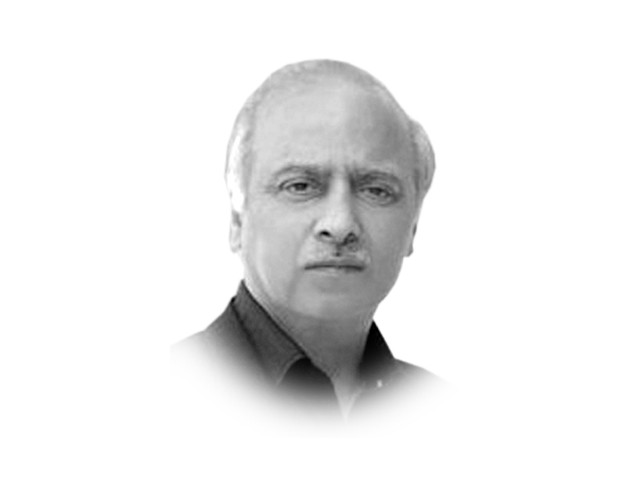Credibility on trial again
Only a meaningful proscription, credible administrative actions against LET/JUD would help retain public confidence

The writer heads the independent Centre for Research and Security Studies, Islamabad
At least seven of the 10 points of the resolution relate to the need for governmental resolve against terrorist forces operating in the country and an emphatic demand for demonstrating “unwavering commitment to the rule of law and the democratic process in Pakistan”. The resolution stands out as an expression for “urgent government action” in areas such as dealing with outlawed sectarian, religious radical outfits, hate speech and intolerance.
Interestingly, many of the demands are already part of the Anti-Terrorism Act (1997), and the entire resolution, in fact, reflected the frustration of these expatriates with the non-enforcement of these laws.
A series of discussions since the Peshawar massacre with Pakistanis settled in different countries suggests that they expect an unequivocal state commitment to indiscriminately disarm, de-legitimise and dismantle those radical militant groups and their extensions, which have become synonymous with the name of the country, i.e., the Lashkar-e-Taiba (LeT) and the Haqqani network. Not only are most Pakistanis amazed at the freedom of operation available to the several dozen so-called outlawed groups, including the Jaish-e-Mohammad, the Lashkar-e-Jhangvi, etc., but also question how the leaders of these organisations end up having air time in the media.
Regardless of what the LeT or the Jamaatud Dawa (JuD) leadership says regarding the group’s past and present, it is a fact that it remains at the heart of the country’s adversarial relationship with India. Similarly, governmental claims about the Haqqani network and members of the Hezb-e-Islami notwithstanding, movements to and from Pakistan of key members of these groups remain an eyesore for the Afghan authorities. Consequently, the Afghan and Indian views on the Haqqani network and the LeT constitute the foundation of the American narrative on Islamabad’s thus far “murky and duplicitous” position on the two militant outfits.
As Pakistanis seem to believe in ‘paradigm shifts’, they once again are faced with a dichotomous, unnerving situation, which can potentially erode the newborn optimism quite easily. The context is the string of stories attributed to officials that the government has decided to officially ban the Haqqani network and the JuD. But on January 17, Interior Minister Chaudhry Nisar Ali Khan evaded a question on the Haqqani network, promising the questioner a private audience. This ambiguity raises serious questions about the government’s intent. One may — theoretically, at least — accept the government’s possible defence that the Haqqani network is an Afghan entity operating in Afghan territory. But it cannot duck under the same excuse as far as the LeT/JuD is concerned. Only a meaningful proscription and credible administrative actions against the two would help retain public confidence because most Pakistanis — both inside and outside the country — remain extremely sceptical of all official claims.
Published in The Express Tribune, January 21st, 2015.
Like Opinion & Editorial on Facebook, follow @ETOpEd on Twitter to receive all updates on all our daily pieces.














COMMENTS
Comments are moderated and generally will be posted if they are on-topic and not abusive.
For more information, please see our Comments FAQ